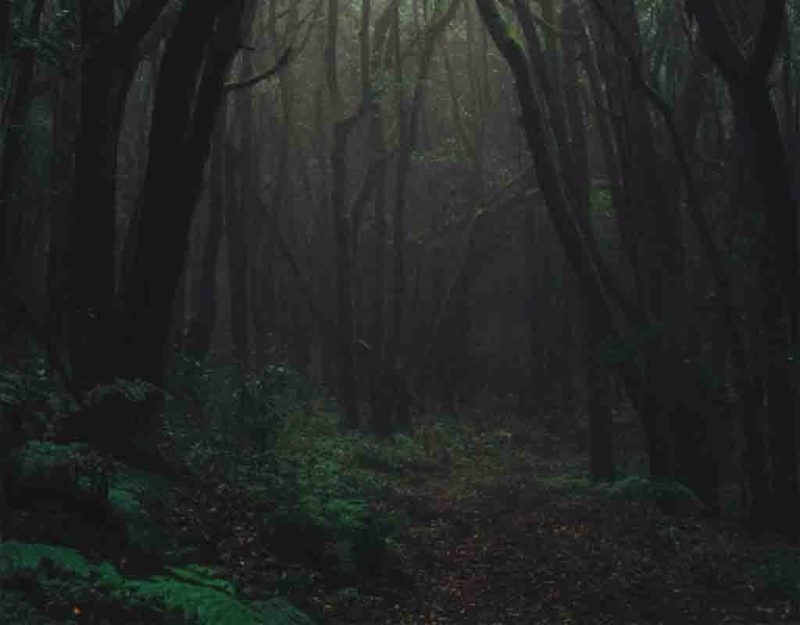Humans stumble through life in a series of loops. We see an event or object, form an opinion, and then labor under that conclusion until we get more data and see the depth or nuance of the situation. Even so, the image and symbol of that first moment rule us until we are forced by events to change our thinking.
It is Shakespearian… or maybe the Garden of Eden story again and again. Or perhaps our pursuit of the Great White Whale, trying to slay the details that slip out and tell us that our loop narrative is not fully accurate, defines us. Our narrative gives us mental peace by making life seem intelligible and benevolent.
Most human thinking takes the form of pairs of opposites. Love and hate, good and evil, life and death, now and forever. These enable us to have mental peace: we avoid the bad side, embrace the safe side, and hope for the best. These are abstract idols we live by. Scapegoats and talismans guide our lives.
When it comes to love, we find ourselves using a term like “good” that we all assume has a meaning, but rarely define, and if we do define it, we use superlatives in place of limits. Is love just biology, as the atheistic scientists and embittered cynics tell us, or is there a transcendent or even metaphysical layer to it?
Young people are encouraged to believe in true, true love which runs the gamut from happy homemaking to absurdist Romeo & Juliet type self-destructive obsession. Who can forget how a world thought “Every Breath You Take” was a love song and not a stalker anthem, back in the reckless and fatalistic 1980s?
In my view, love happens when the individual self becomes part of another concern. You can love your ethne, country, family, or spouse “more than life itself,” to the point of being willing to die for them so that they can persist. This is why men go to war, after all.
Love has a transcendent role in this analysis. It exists because people value the process of life despite its downsides, and enact their will toward loving it, and making it better. You cannot love until you love life itself, which requires forgiving it death, personal insignificance, and suffering.
If a metaphysical layer exists in the worlds beyond this one, it starts with the transcendent, as usual. Until this world becomes comprehensible as neither good nor bad but both leading to a greater good, the metaphysical will be incoherent.
With that in mind, we can see love in its final form: beauty of an abstract, intangible nature. You love that which you admire and value, and therefore, are willing to sacrifice for those things so that their beauty enhances the beauty of life itself.
Click this link for the original source of this article.
Author: Brett Stevens
This content is courtesy of, and owned and copyrighted by, https://www.amerika.org and its author. This content is made available by use of the public RSS feed offered by the host site and is used for educational purposes only. If you are the author or represent the host site and would like this content removed now and in the future, please contact USSANews.com using the email address in the Contact page found in the website menu.





